opening hours
Monday closed
Tuesday to Sunday 11 am – 7 pm
Monday 8 December 11 am > 7 pm
Wednesday 24 December 11 am > 4:30 pm
Thursday 25 December closed
Wednesday 31 December 11 am > 4:30 pm
Thursday 1 January 11 am > 7 pm
Monday 5 January 11 am > 7 pm
Tusday 6 January 11 am > 7 pm
- full price € 15 at the box office - € 14 online
- reduced price € 12 at the box office - € 11 online
– for young people aged between 18 and 25 (not yet turned 25);
– for groups of 15 people or more;
– La Galleria Nazionale, Museo Ebraico di Roma ticket holders;
– upon presentation of ID card or badge: Accademia Costume & Moda, Accademia Fotografica, Biblioteche di Roma, Centro Sperimentale di Cinematografia, Enel (for badge holder and accompanying person), FAI Fondo Ambiente Italiano, Feltrinelli, Gruppo FS, IN/ARCH Istituto Nazionale di Architettura, Sapienza Università di Roma, LAZIOcrea, Palazzo delle Esposizioni, Amici di Palazzo Strozzi, Accademia Nazionale di Santa Cecilia, Scuola Internazionale di Comics, Teatro Olimpico, Teatro dell’Opera di Roma, Teatro di Roma, Università degli Studi di Roma Tor Vergata, Youthcard; - open € 18
valid for one year from the date of purchase
- free
– minors under 18 years of age;
– myMAXXI cardholders;
– on your birthday presenting an identity document;
– upon presentation of EU Disability Card holders and or accompanying letter from hosting association/institution for: people with disabilities and accompanying person, people on the autistic spectrum and accompanying person, deaf people, people with cognitive disabilities and complex communication needs and their caregivers, people with serious illnesses and their caregivers, guests of first aid and anti-violence centres and accompanying operators, residents of therapeutic communities and accompanying operators;
– MiC employees;
– journalists who can prove their business activity;
– European Union tour guides and tour guides, licensed (ref. Circular n.20/2016 DG-Museums);
– 1 teacher for every 10 students;
– AMACI members;
– CIMAM International Committee for Museums and Collections of Modern Art members;
– ICOM members;
– from Tuesday to Friday (excluding holidays) European Union students and university researchers in art history and architecture, public fine arts academies (AFAM registered) students and Temple University Rome Campus students;
– IED Istituto Europeo di Design professors, NABA Nuova Accademia di Belle Arti professors, RUFA Rome University of Fine Arts professors;
– upon presentation of ID card or badge: Collezione Peggy Guggenheim a Venezia, Castello di Rivoli Museo d’Arte Contemporanea, Sotheby’s Preferred, MEP – Maison Européenne de la Photographie;
Robert Wilson. Mother
- ticket € 5
limited seating; it is mandatory to arrive at the infopoint 15 minutes before the start time indicated on the ticket; the experience lasts approximately 45 minutes
- Mother + Museum ticket € 17
limited seating; it is mandatory to arrive at the infopoint 15 minutes before the start time indicated on the ticket; the experience lasts approximately 45 minutes
Collection
MAXXI’s Collection of Art and Architecture represents the founding element of the museum and defines its identity. Since October 2015, it has been on display with different arrangements of works.
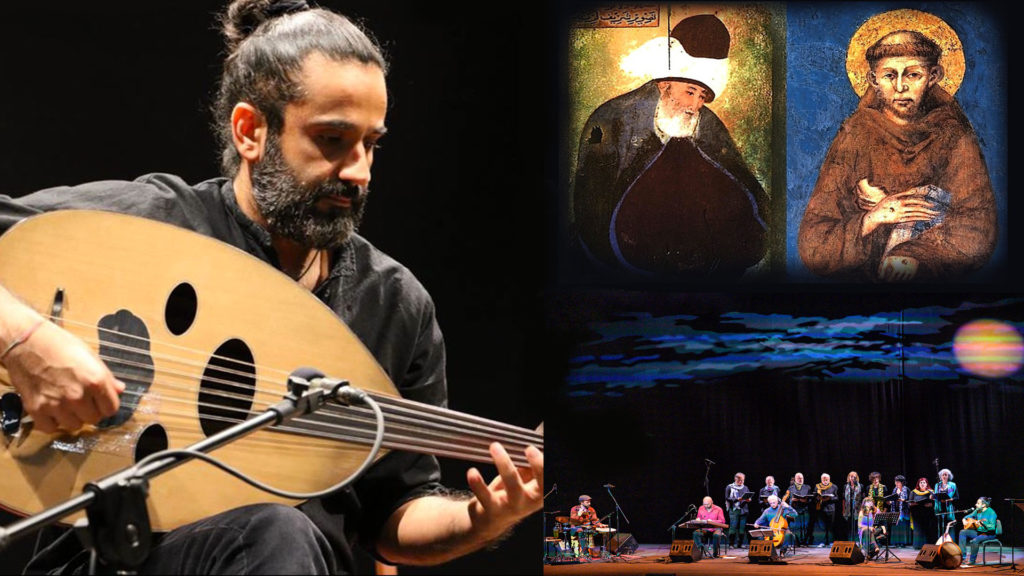
other upcoming events
18 Dec 2025 05.00 pm
MAXXIperTUTTI1+1 sensitactile labs
26 Dec 2025 11.30 am
guided toursThe Large Glass
26 Dec 2025 04.30 pm
MAXXI with the familyMeraviglie in equilibrioCostruire come Pier Luigi Nervi
26 Dec 2025 04.30 pm
guided toursThe Large Glass


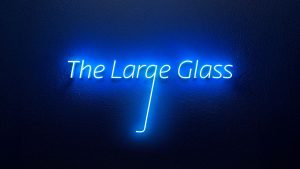
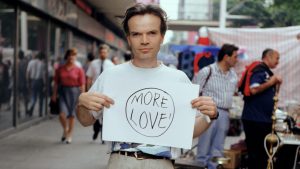
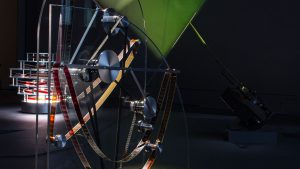
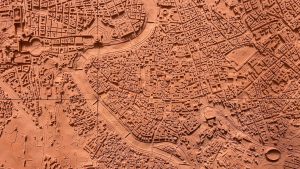



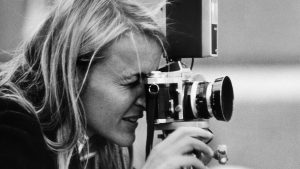

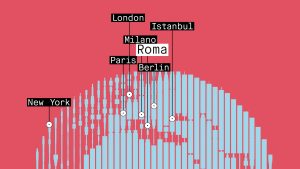
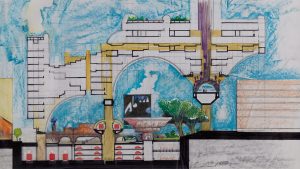
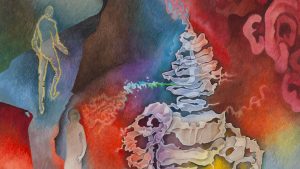


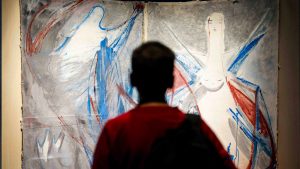
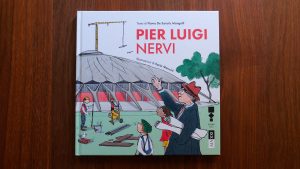
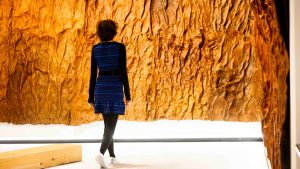
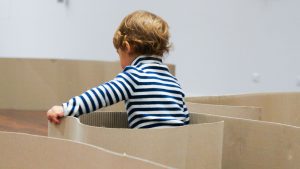
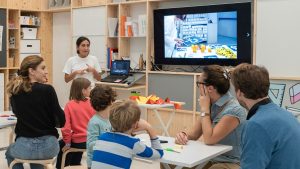
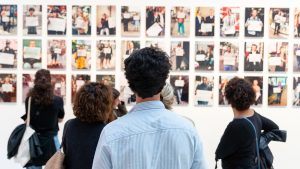
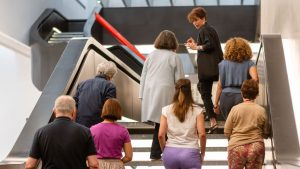
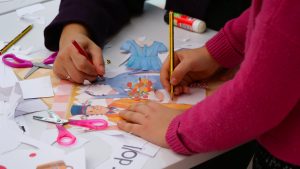

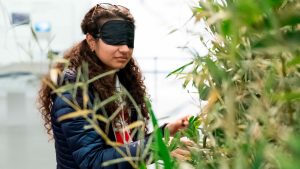
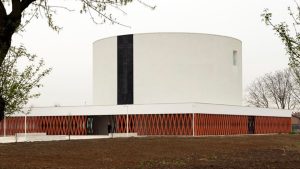



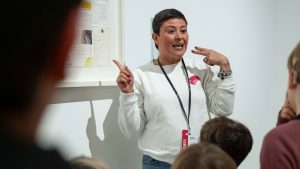



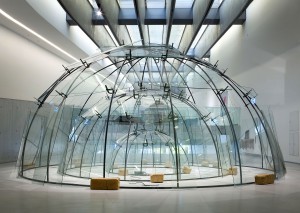
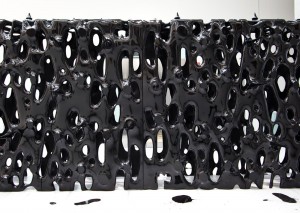
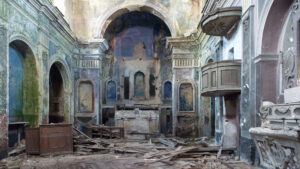


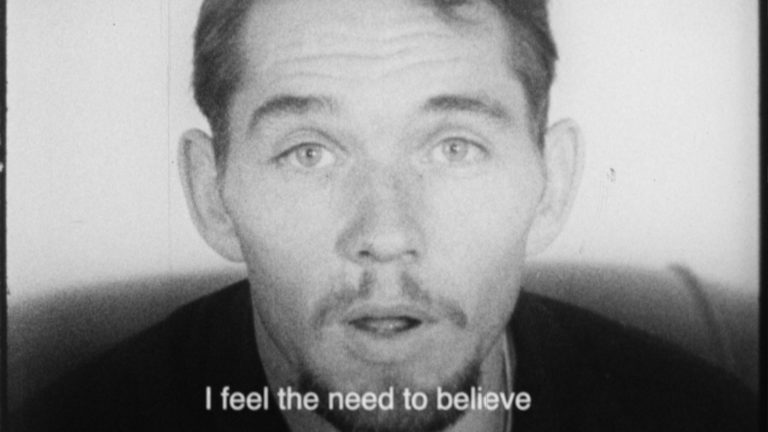
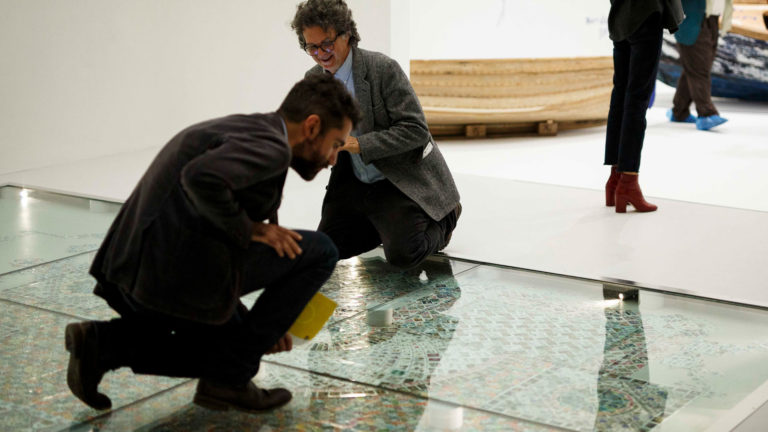
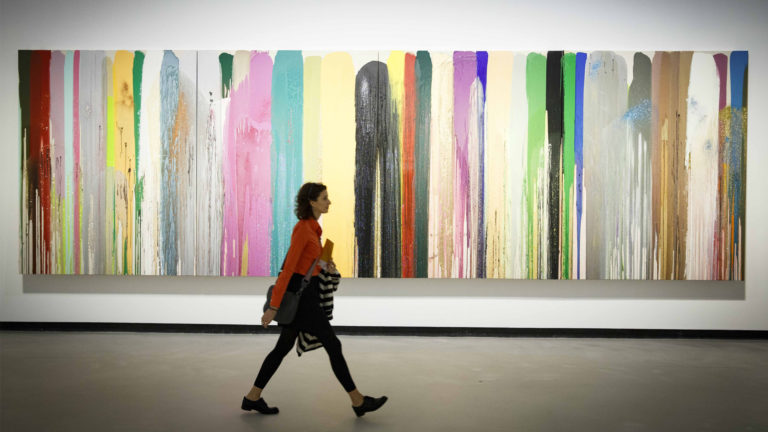
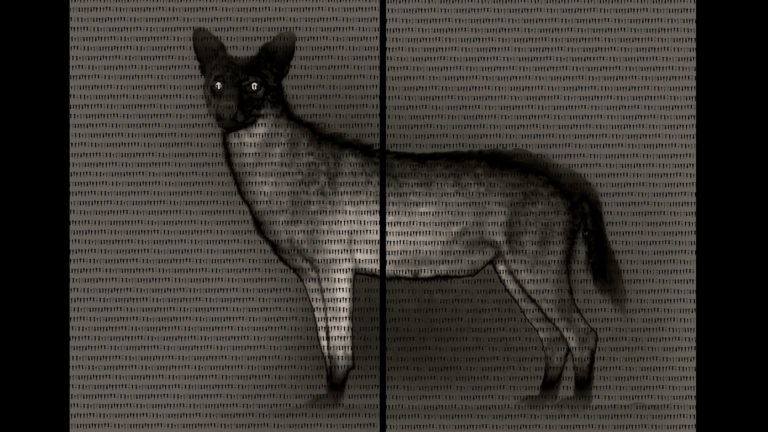
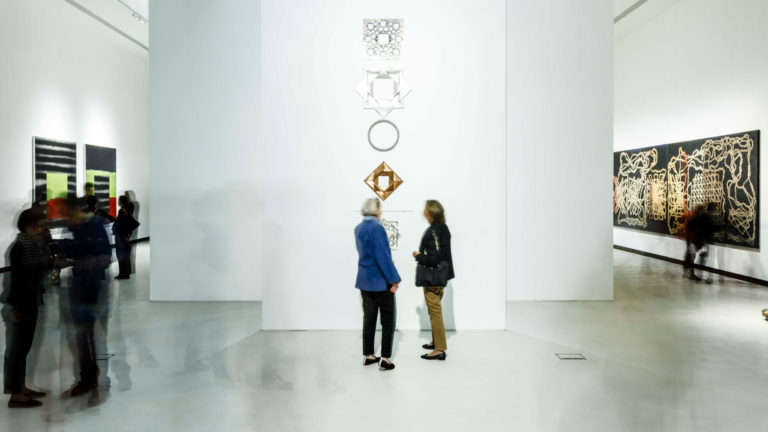
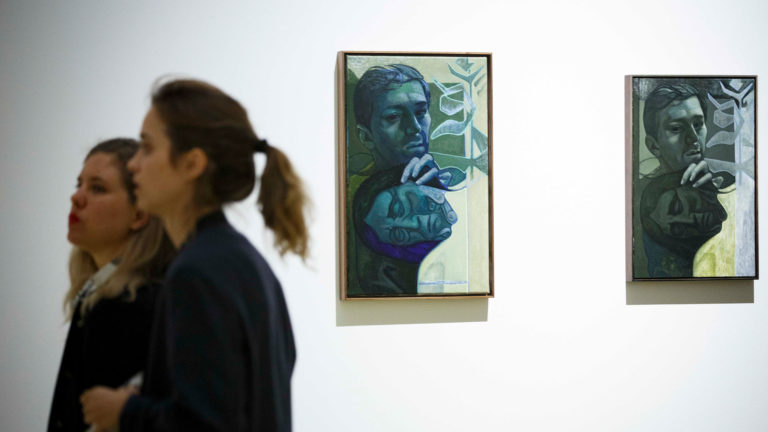
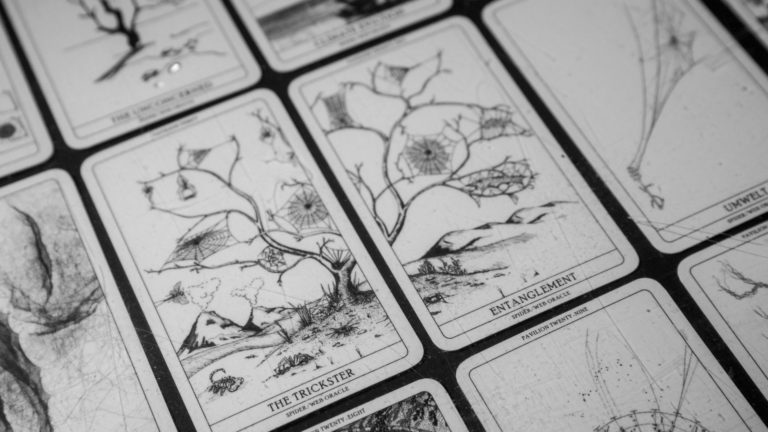
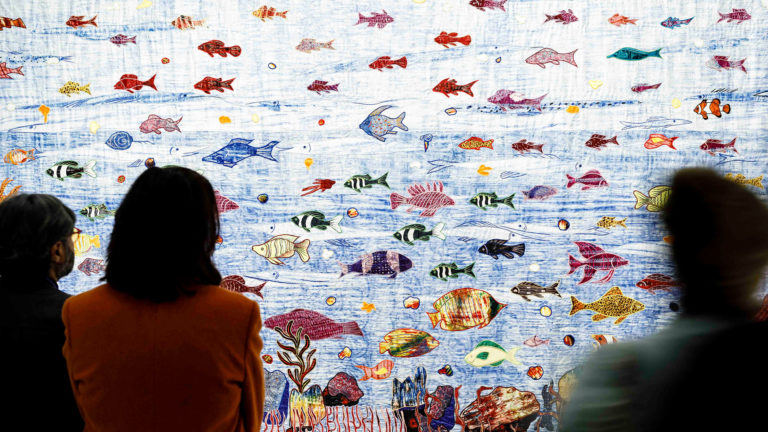
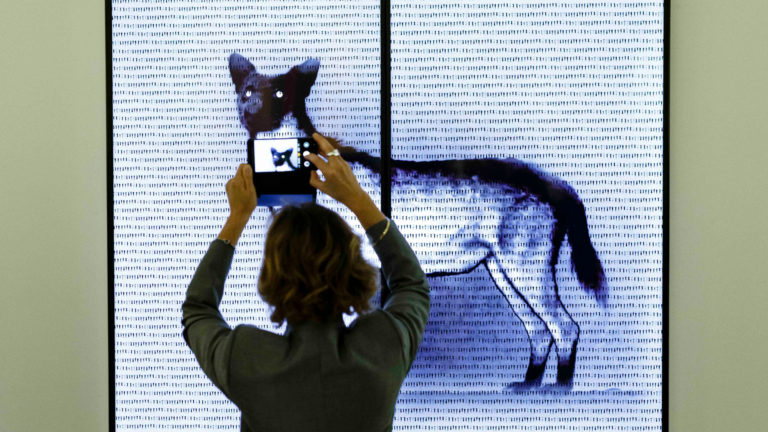
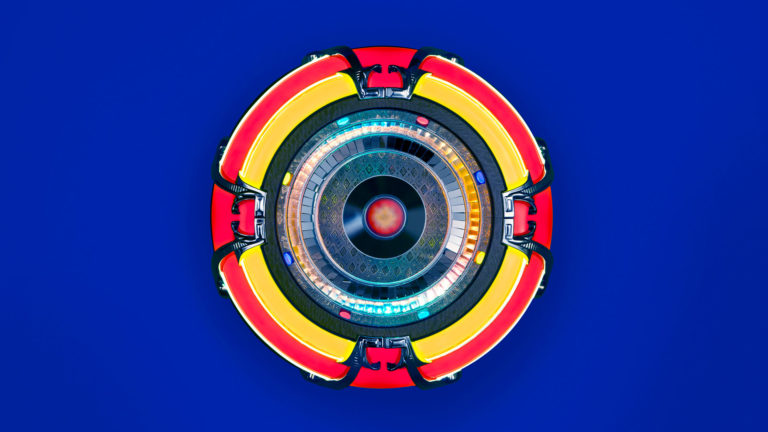
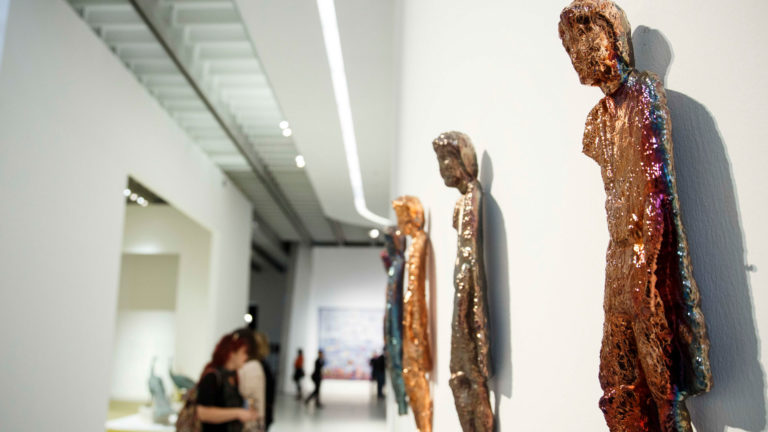
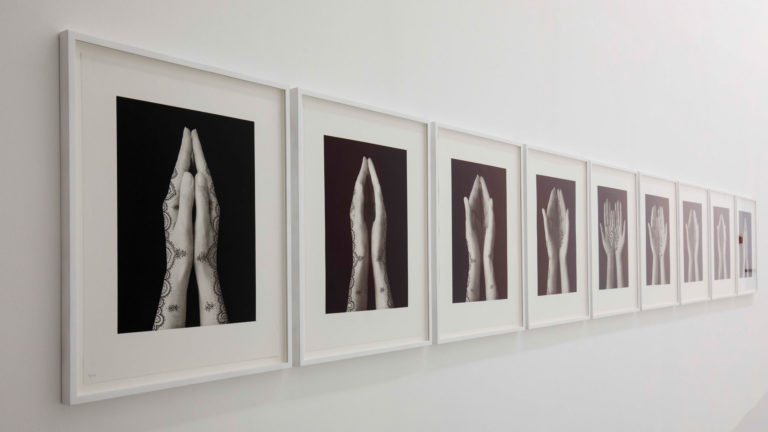
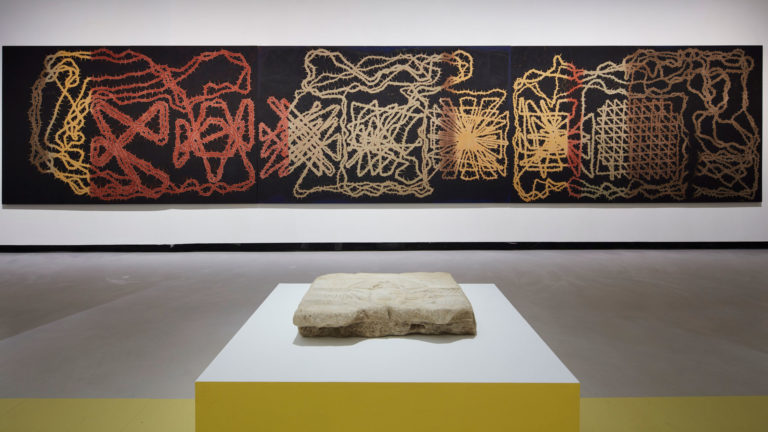
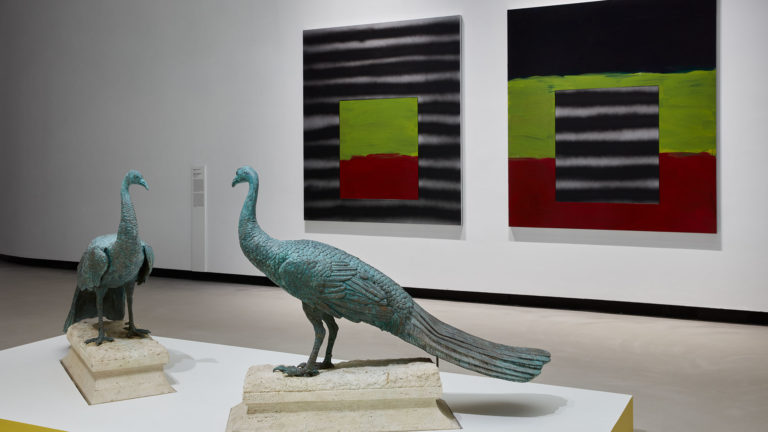
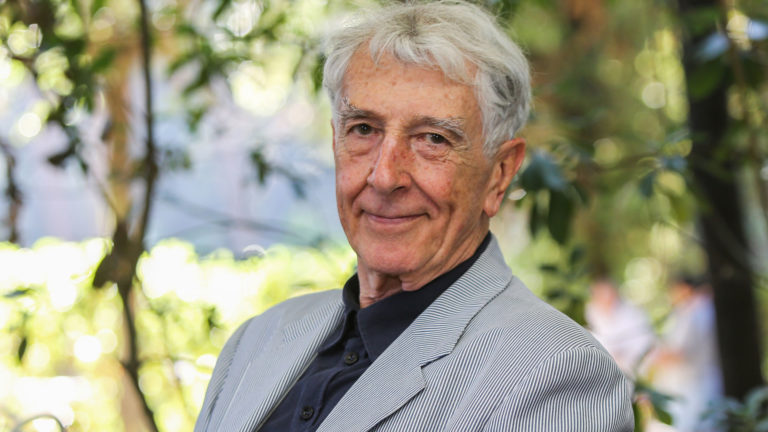
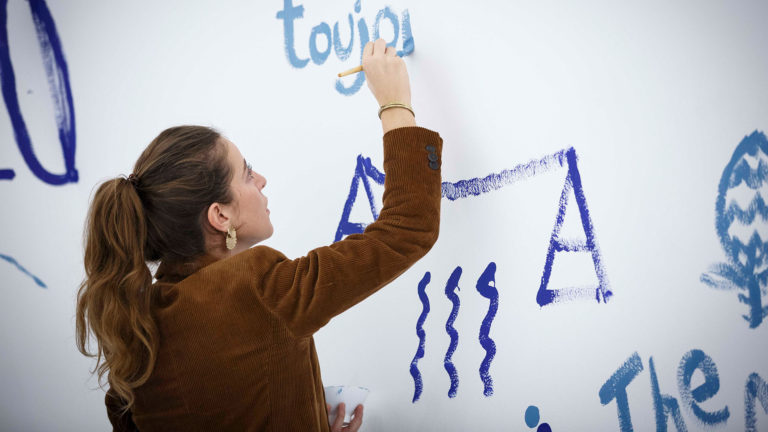
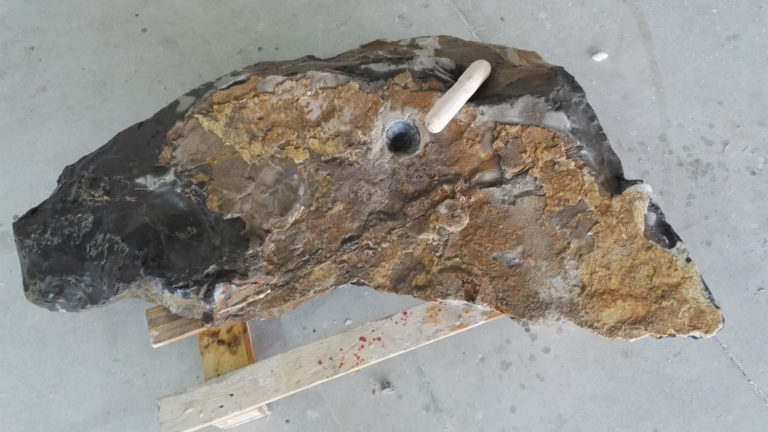
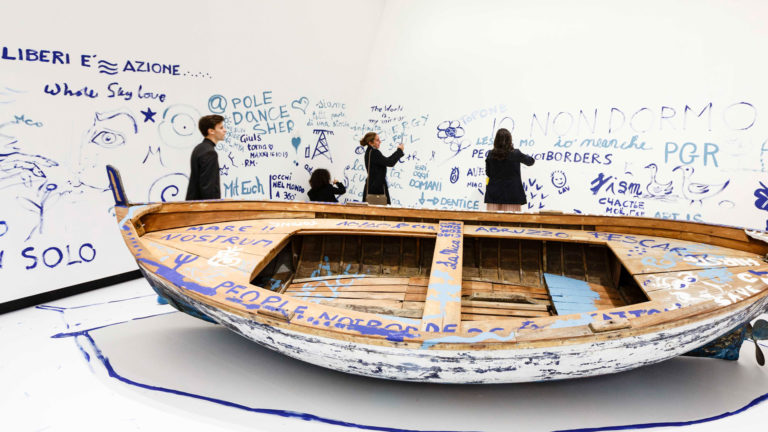
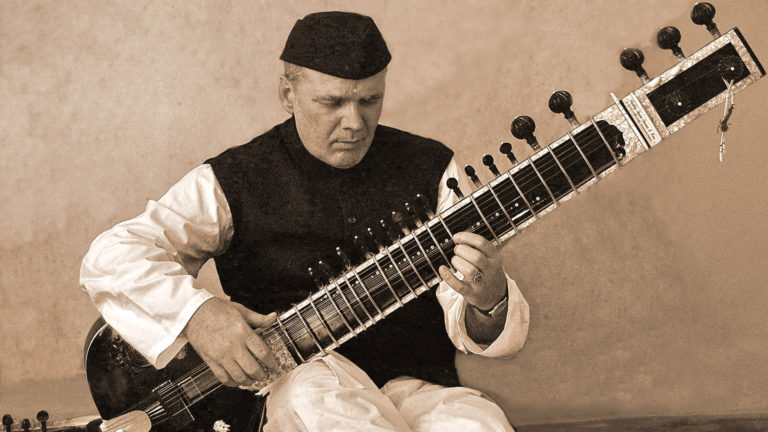
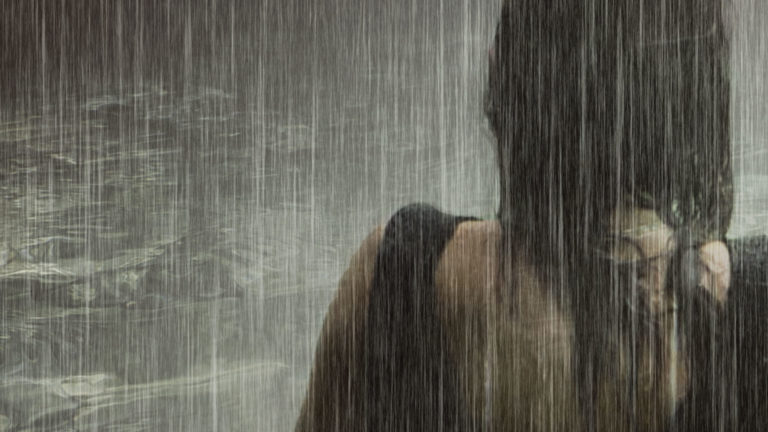
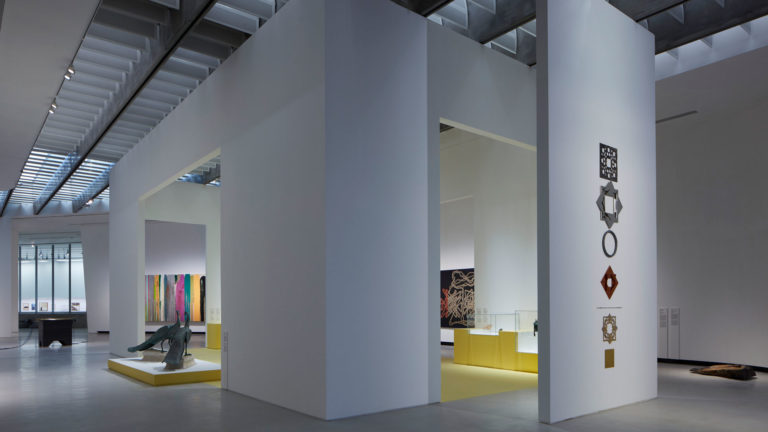
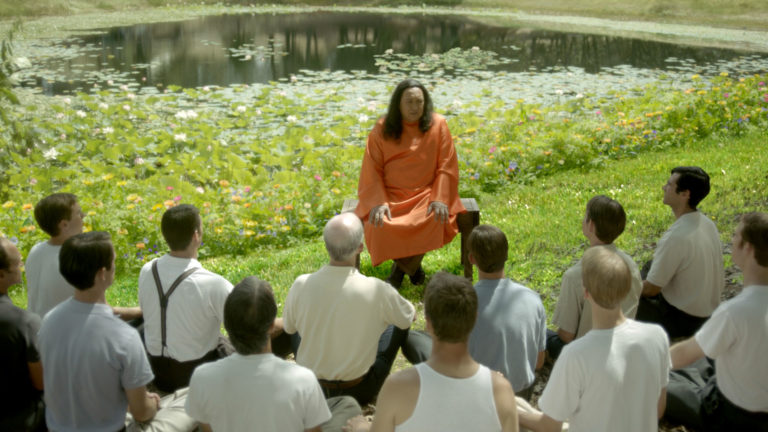
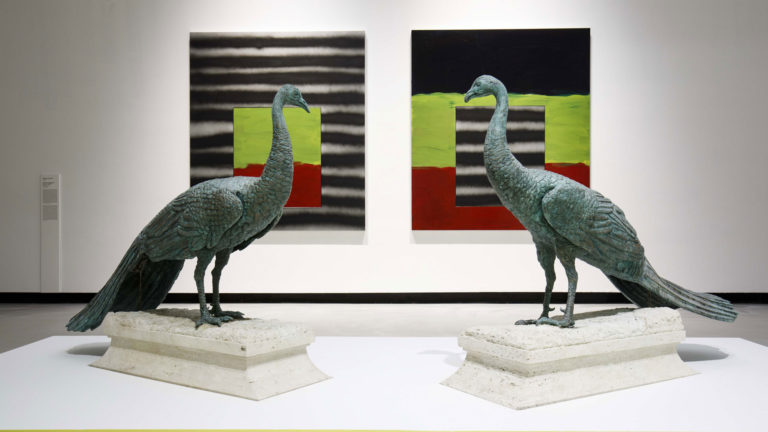
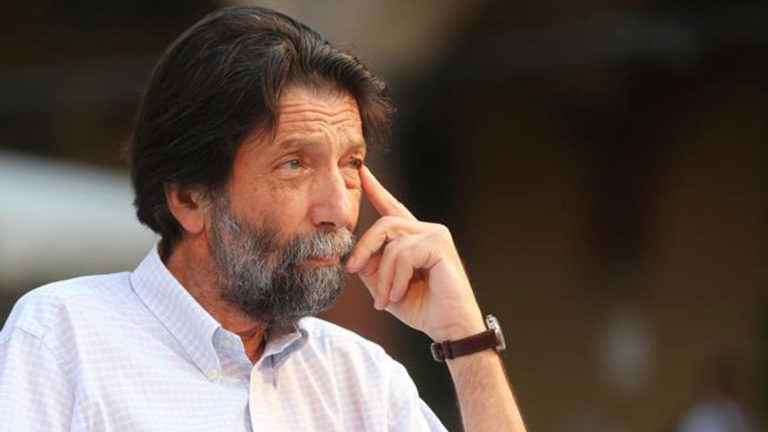
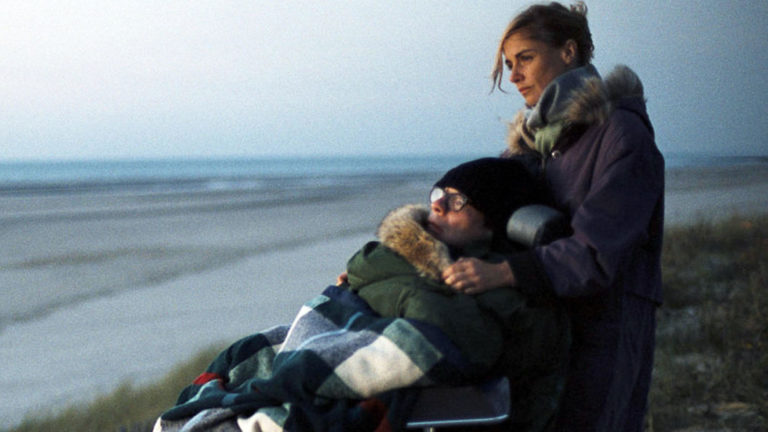


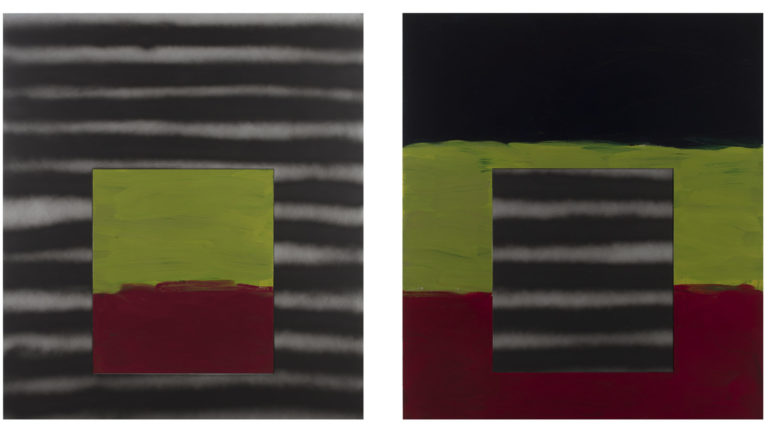




curated by the Pejman Tadayon Ensemble
MAXXI Auditorium – € 10
10 individual seats reserved for myMAXXI cardholders writing to
mymaxxi@fondazionemaxxi.it by the day before the event.
Can music be the key to understanding the languages of spiritual philosophies?
Two figures in the history of the world have taken to extremes a mystical slant without equals and have changed the spiritual lives of their peoples for ever: Rumi and St. Francis. Through the poetry of the two mystics, we may comprehend the mysterious analogies that lead to the meaning of their fervour, while music gives life to their inspiration through a universal language that brings closer and unites traditions apparently so distant from one another.
Pejman Tadayon, the Iranian musician and composer who has studied and played music from the Middle Ages, has composed and selected the pieces for this show using ancient and traditional instruments from the Suficulture, together with others from the medieval period such as the vielle and flutes. The show also features interpretations of original texts by St. Francis and Rumi, translated from the Persian, showing the intersections, the affinities and the common roots of their inspiration. The concert will be accompanied by examples of Sufi dance.
Pejman Tadayon Ensemble
Pejman Tadayon voice, oud, saz, ney, daf
Barbara Eramo voice
Luigi Polsini vielle, viola
Massimiliano Barbaliscia santur
Renato Vecchio wind instruments
Simone Pulvano percussion
Jolina Iavicoli Sufi dance
Isabella Grimaldi narrator
Persepolis Choir